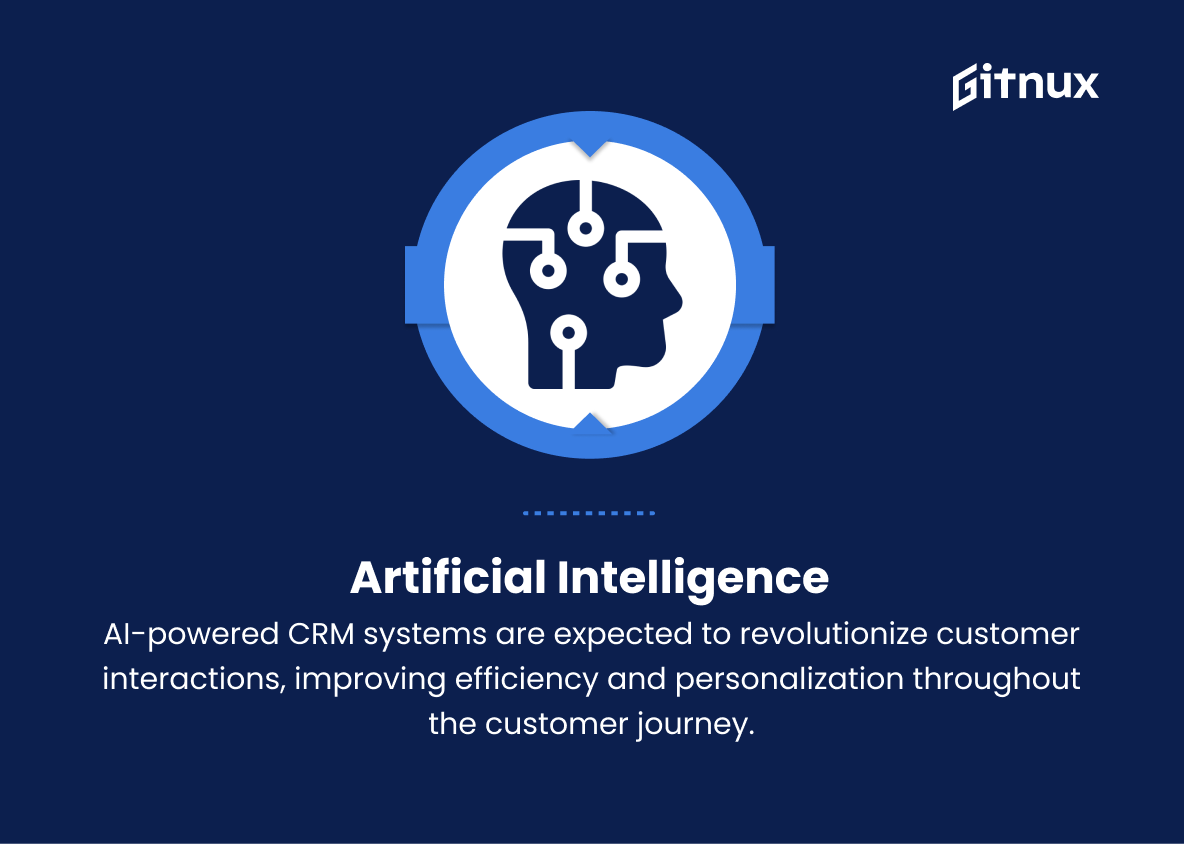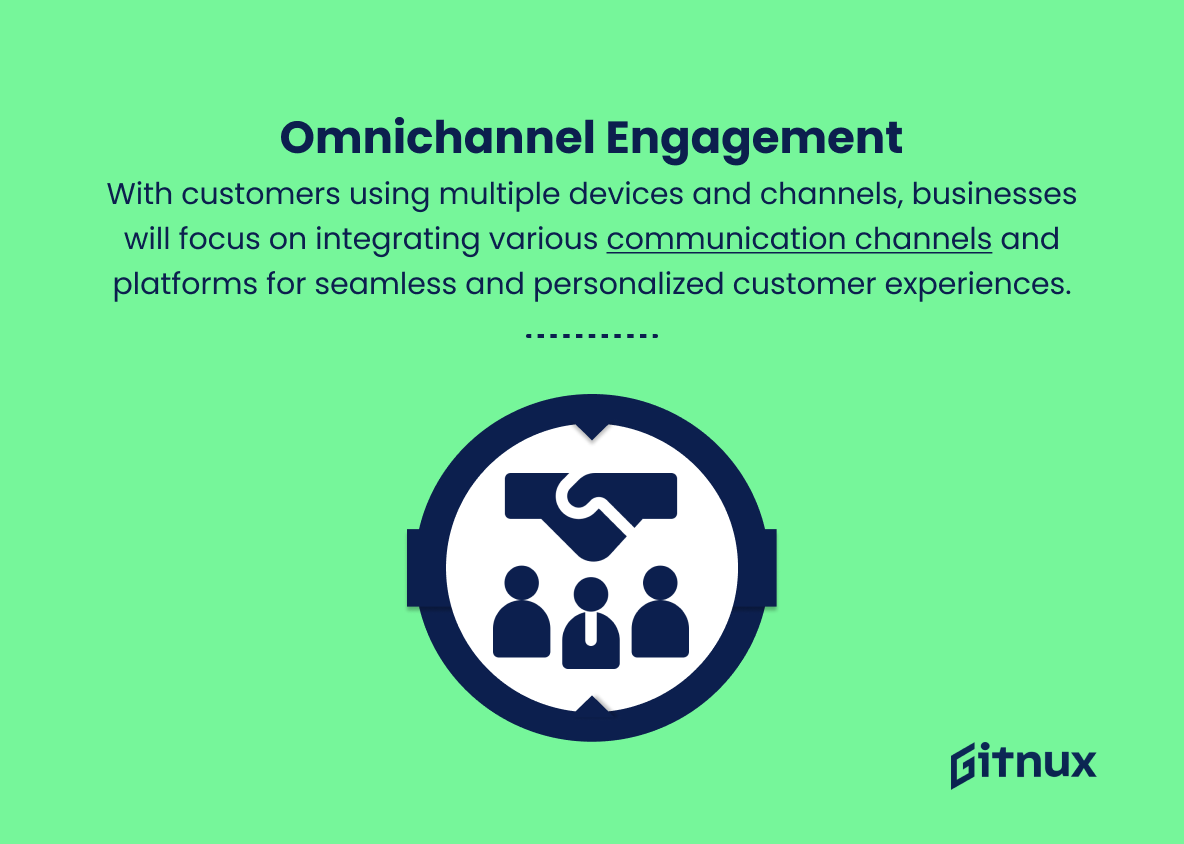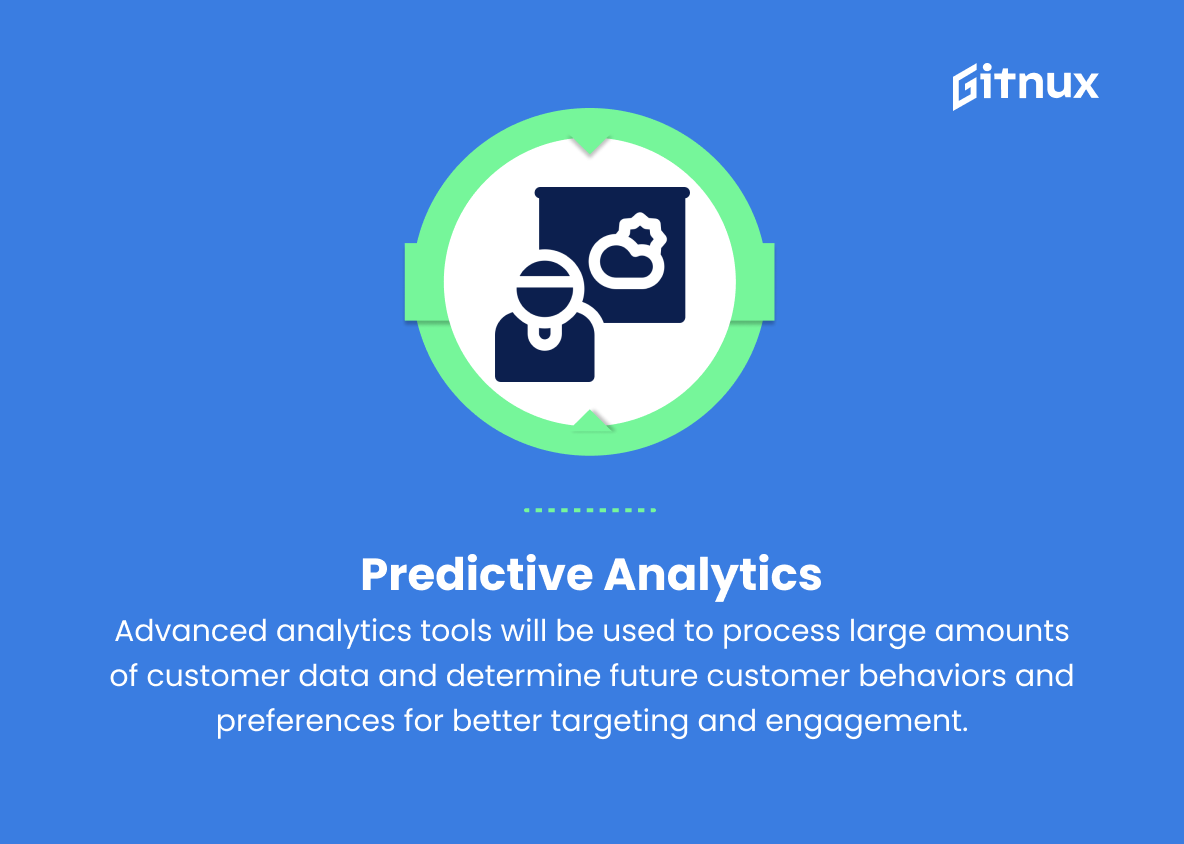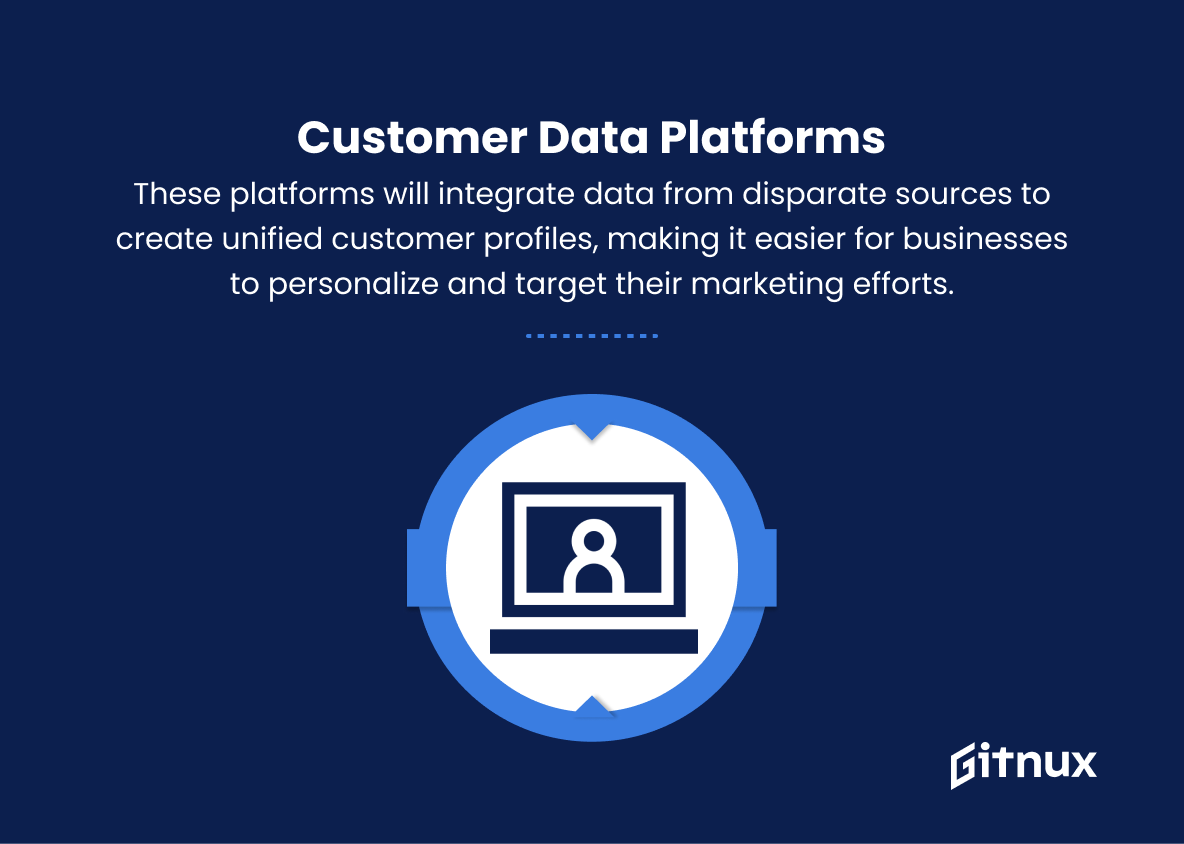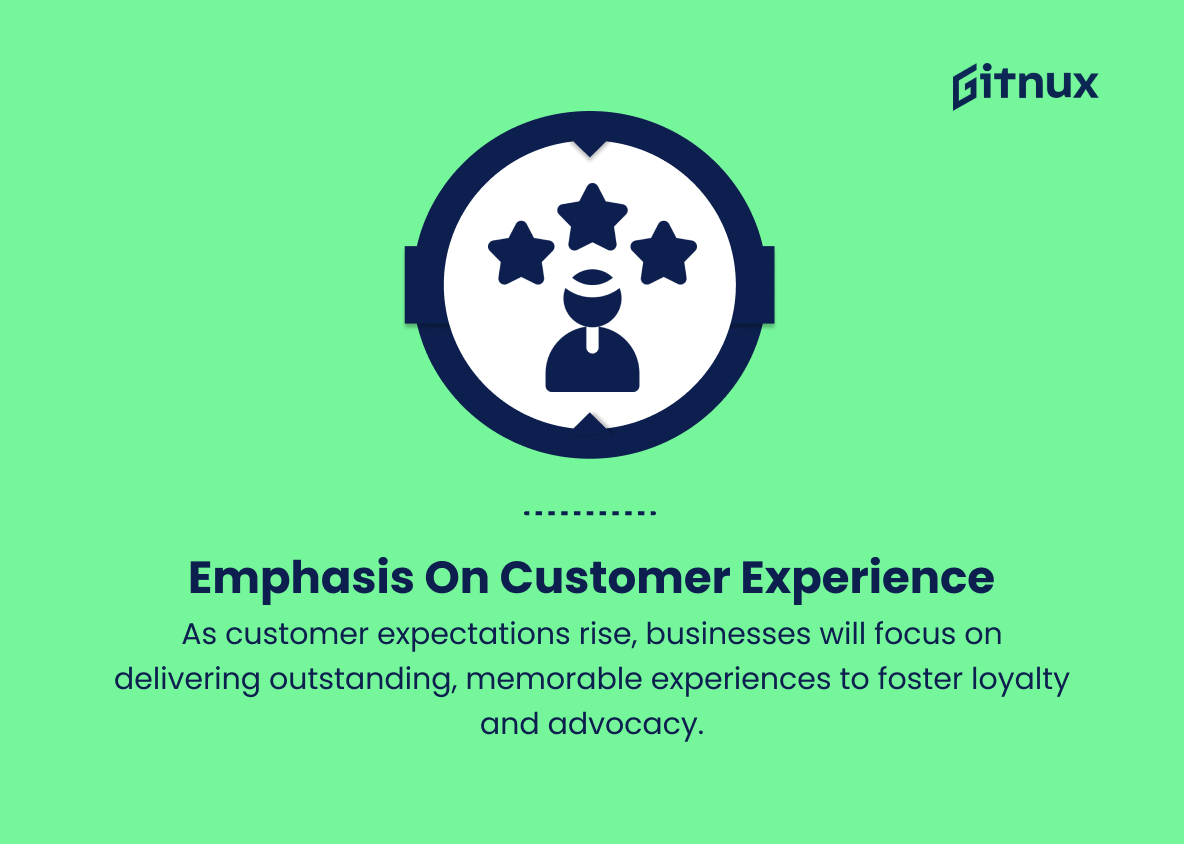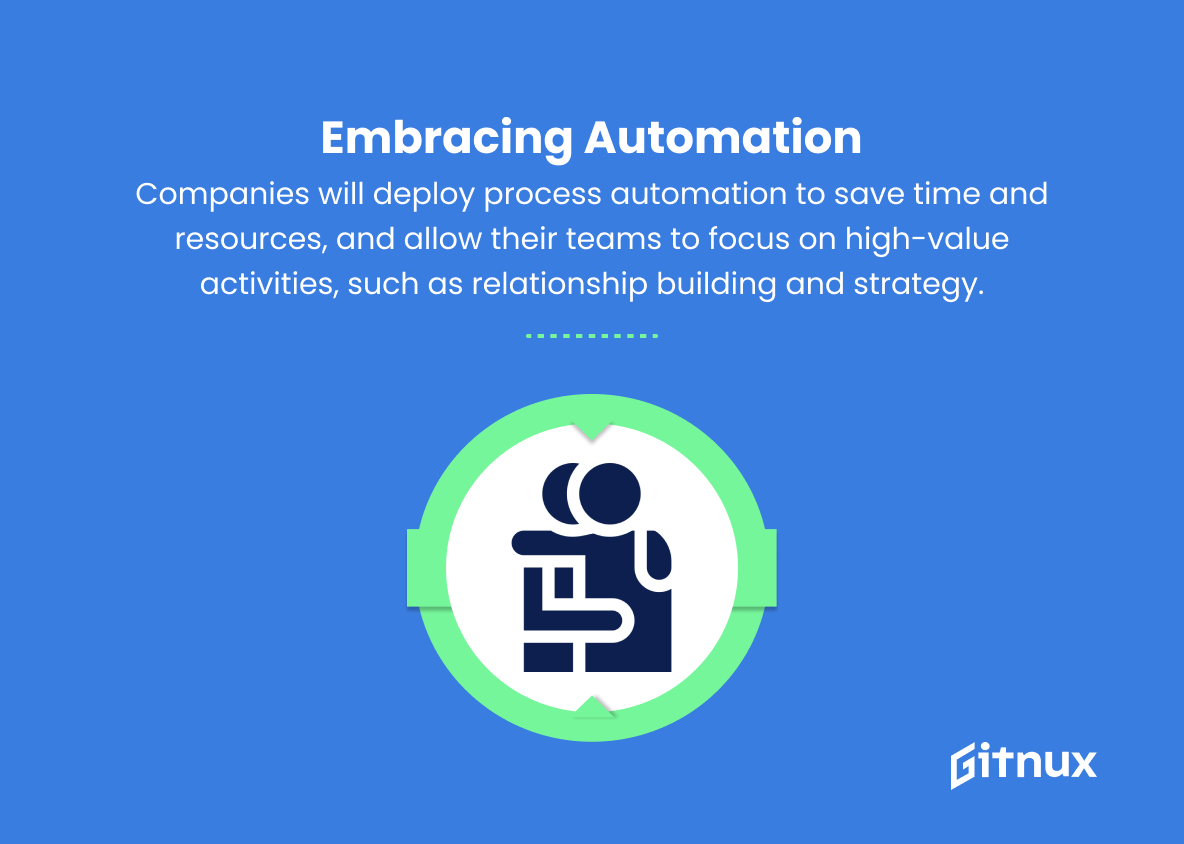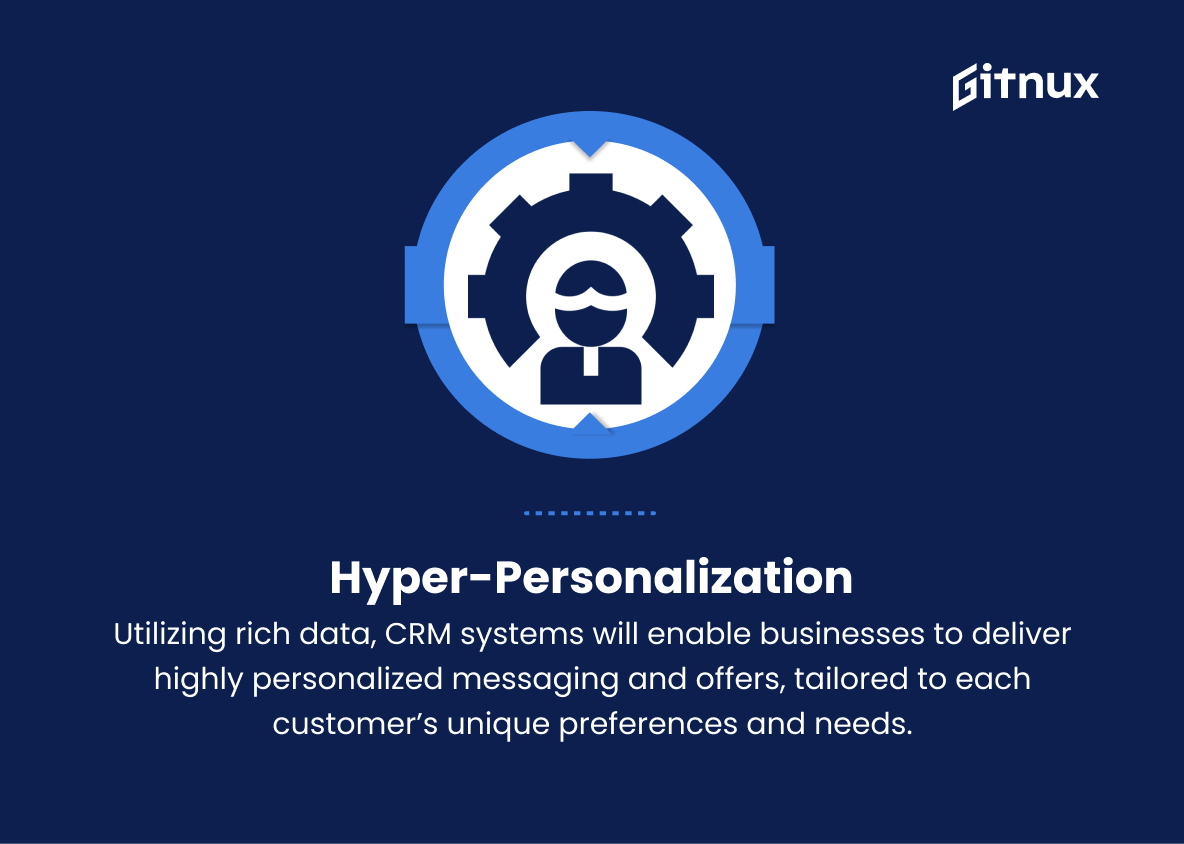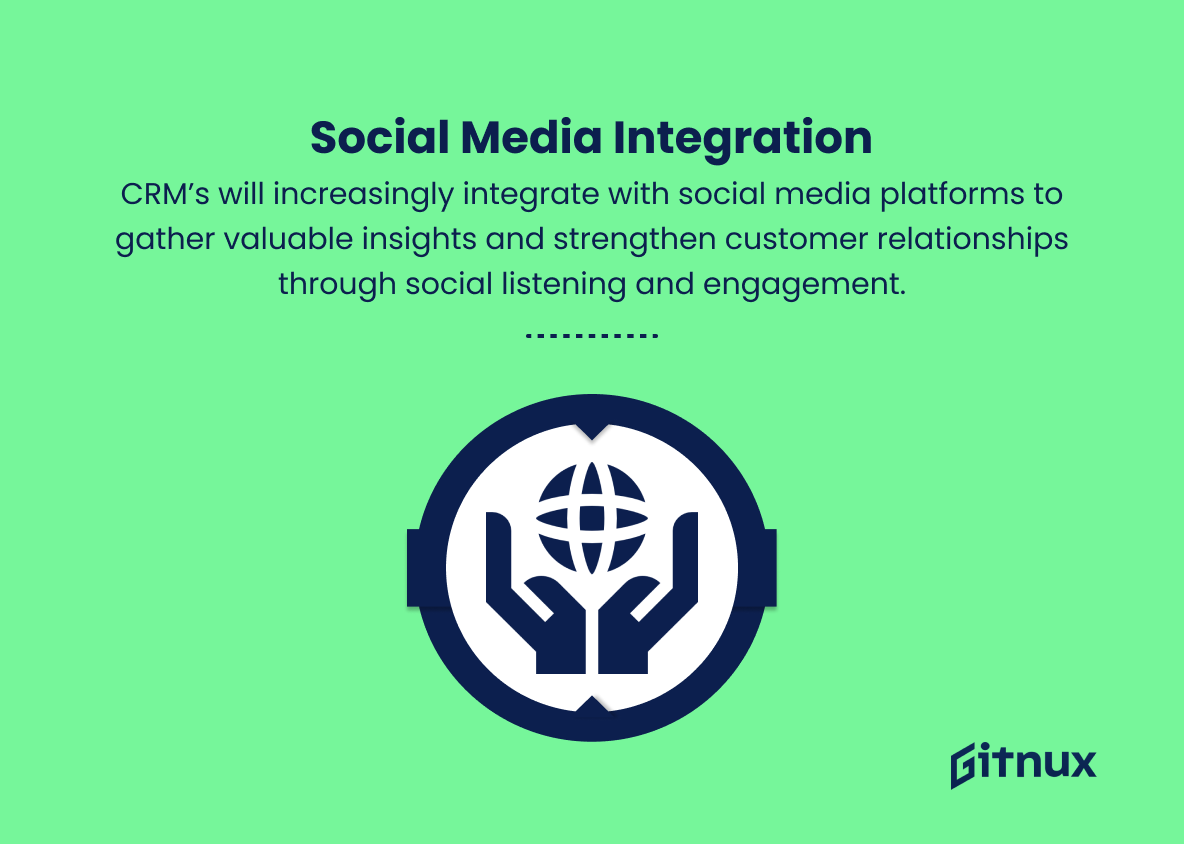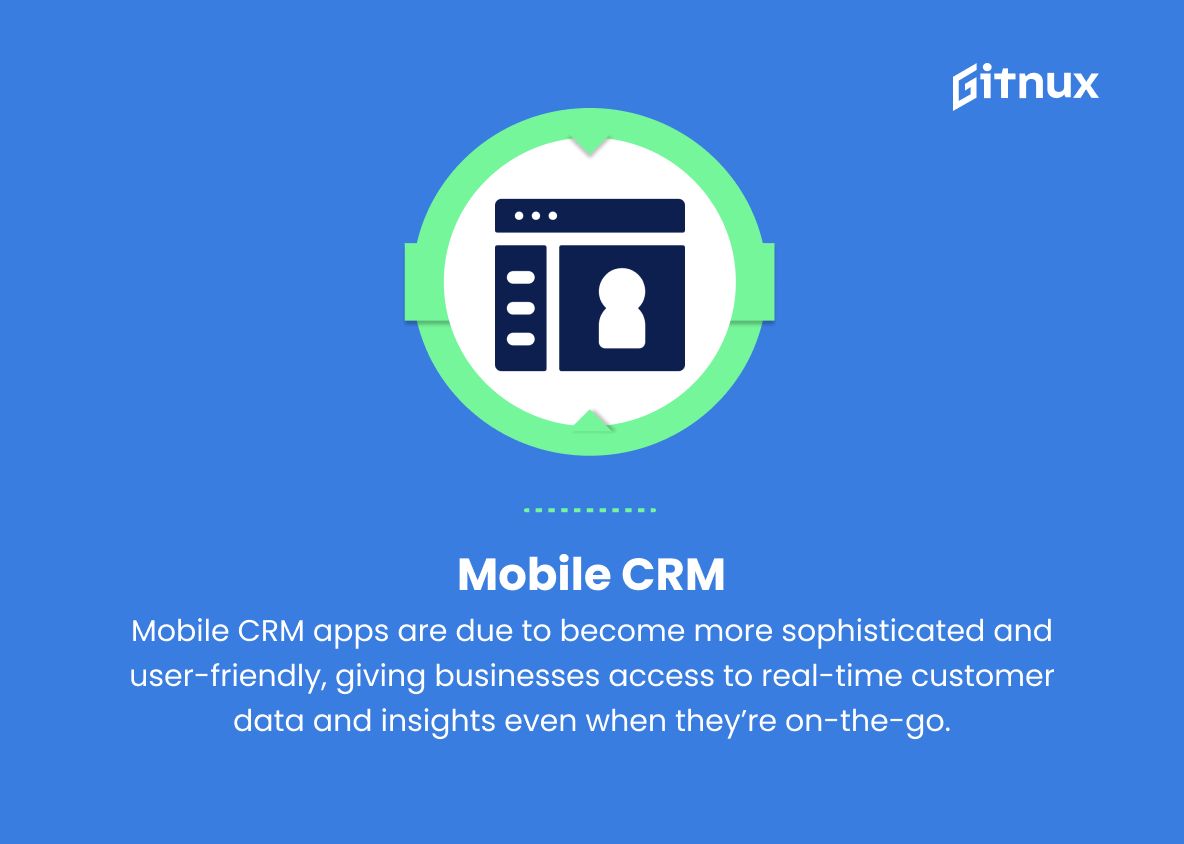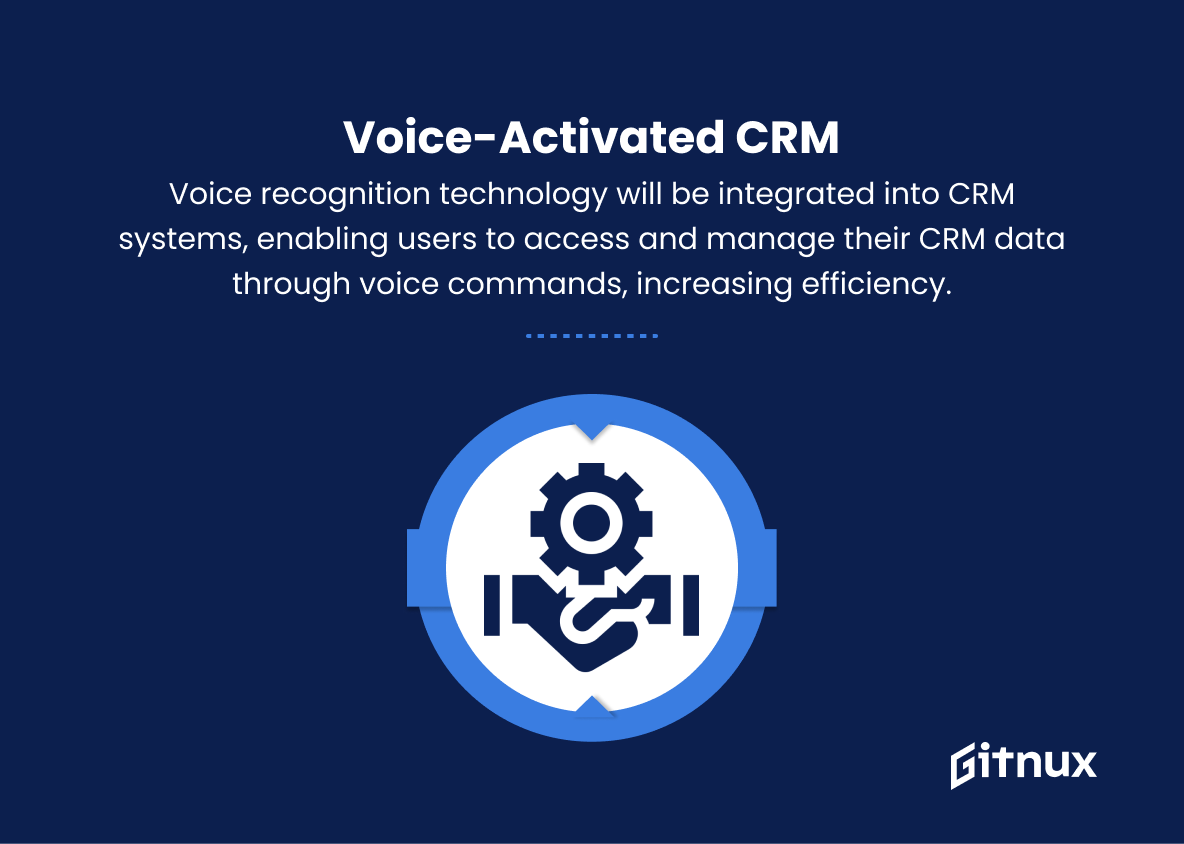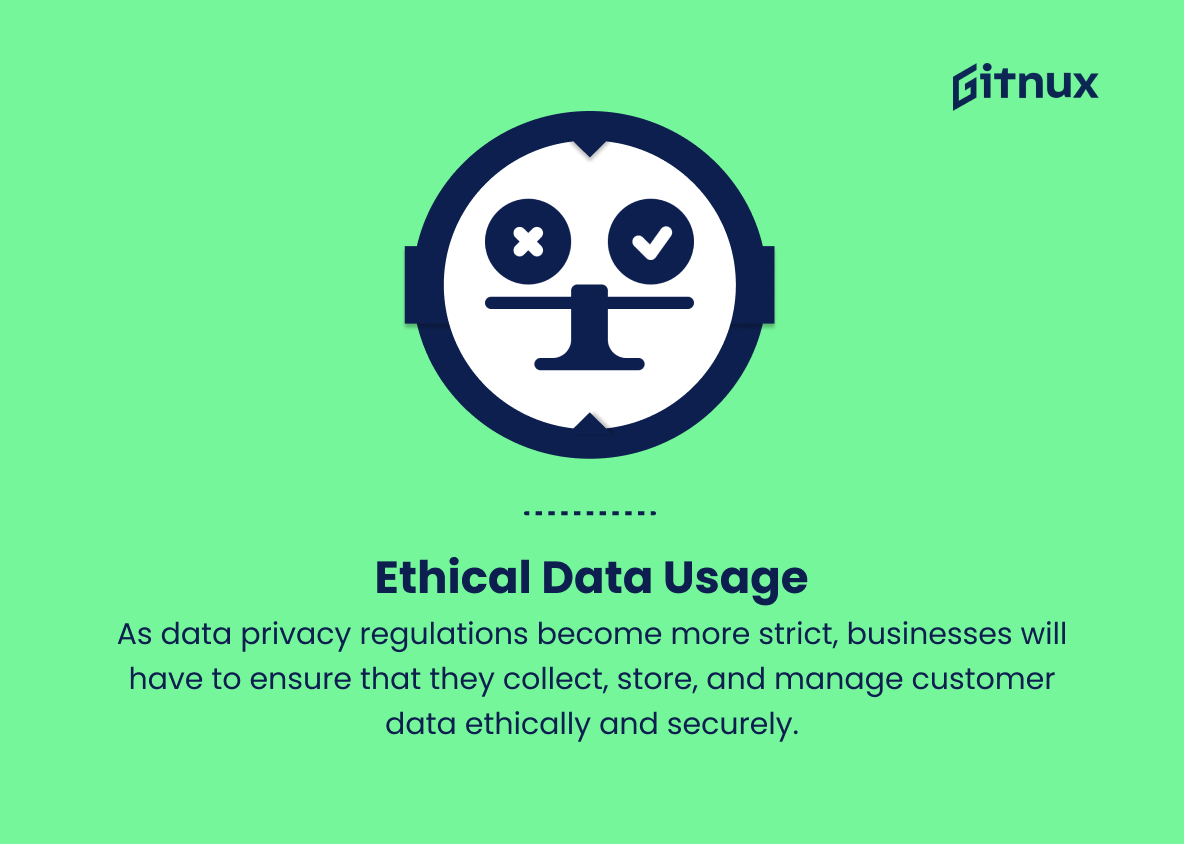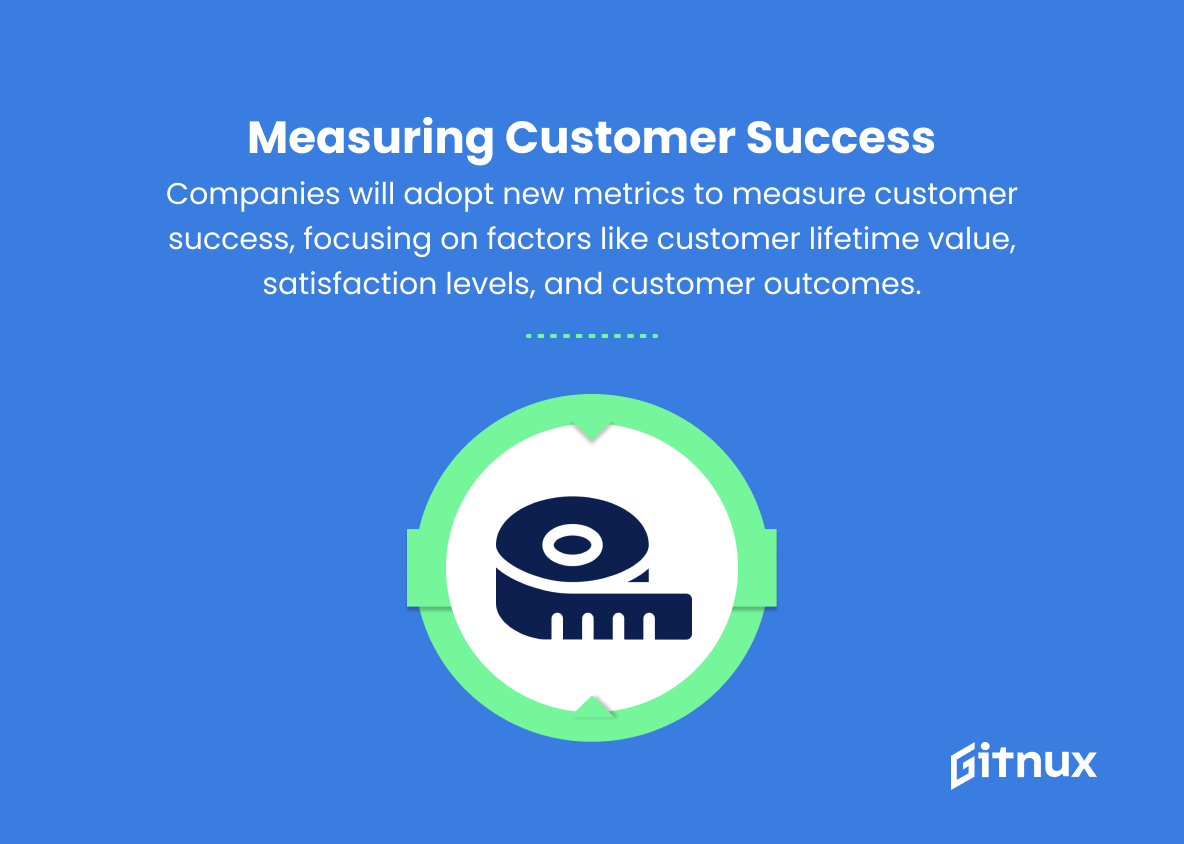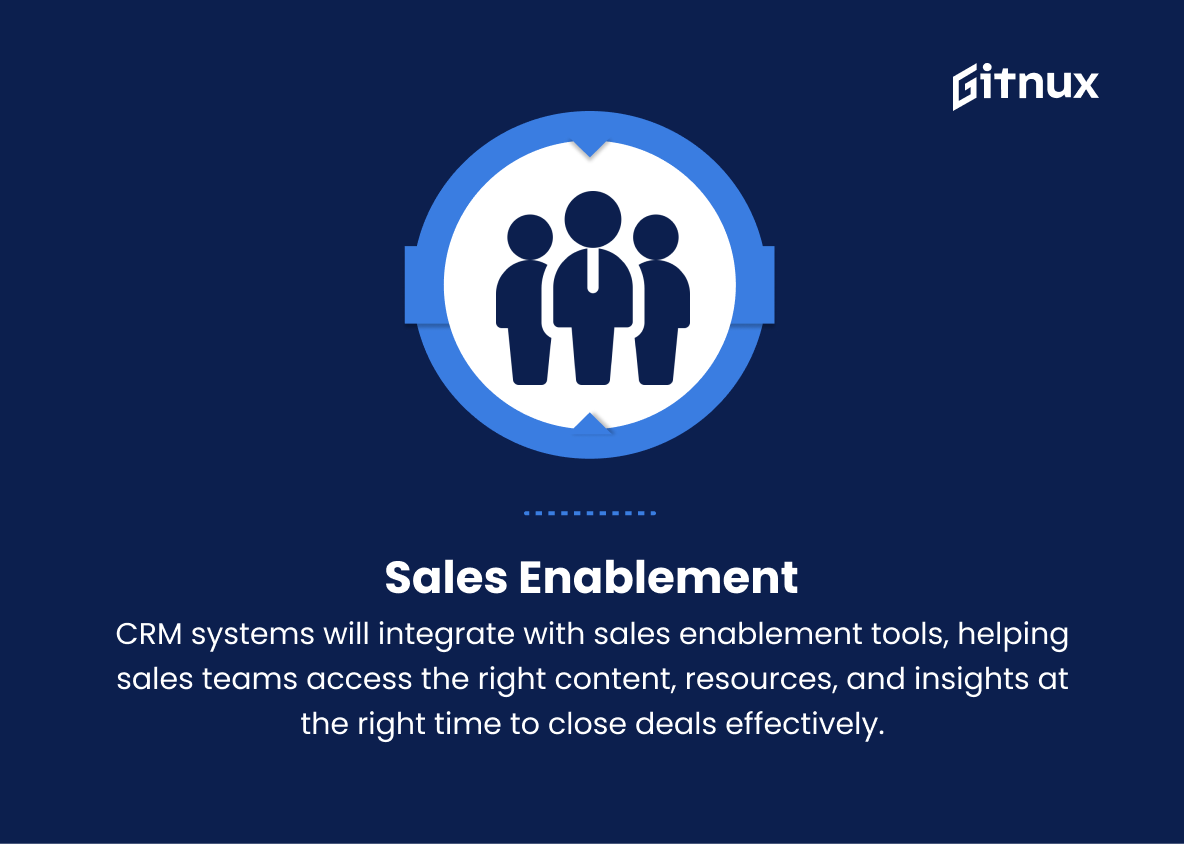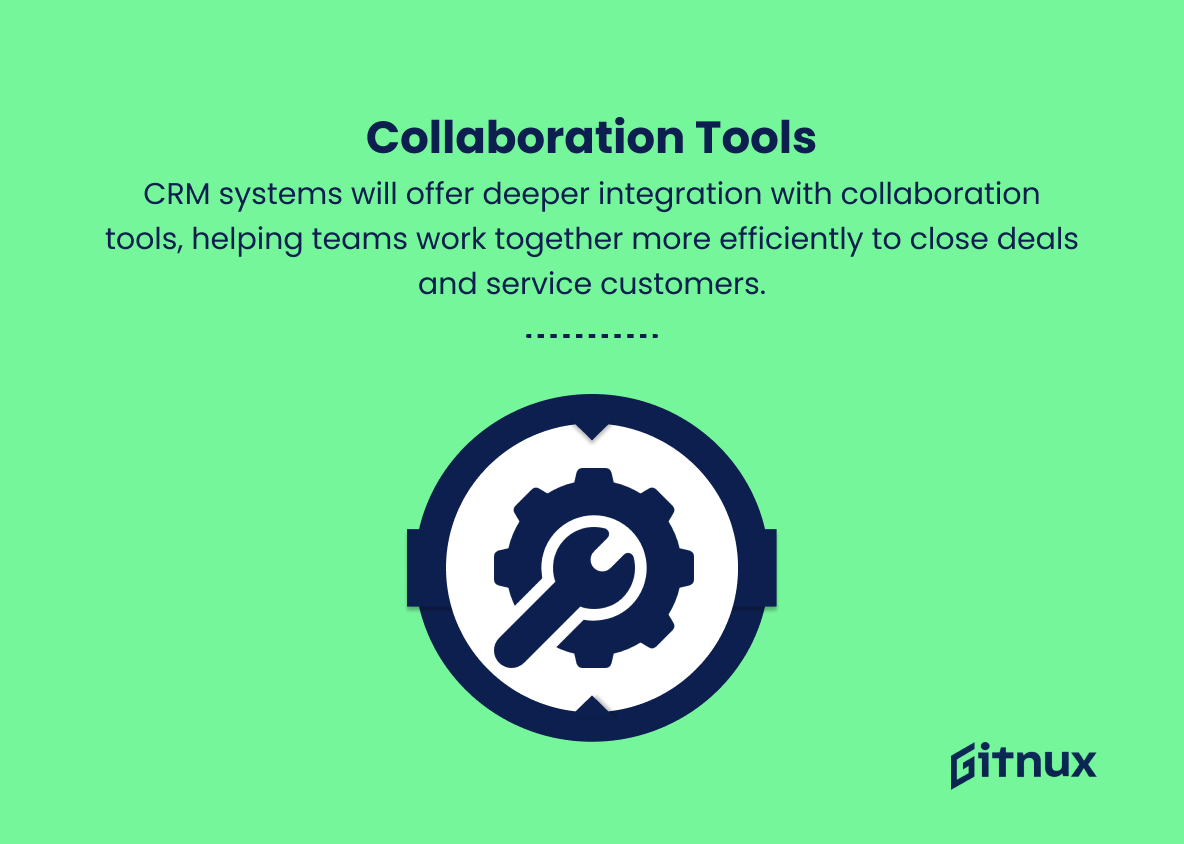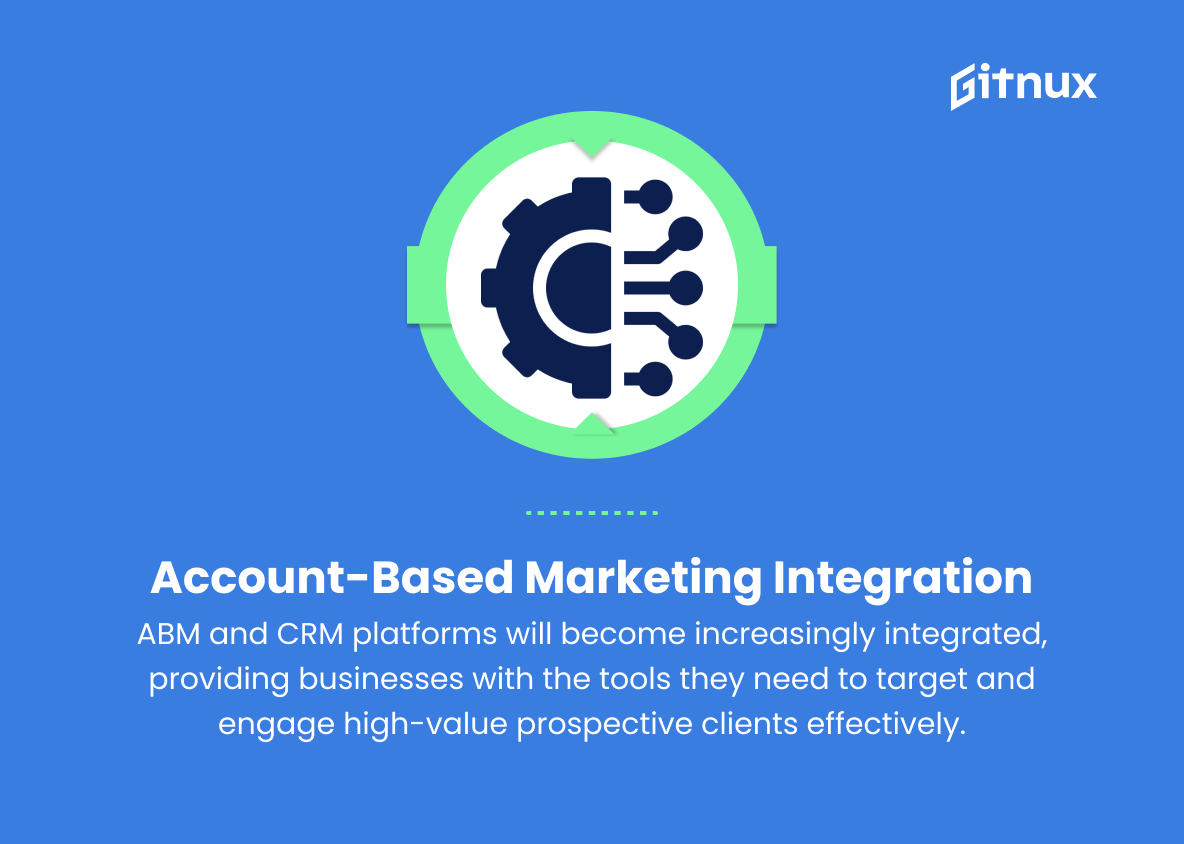In today’s rapidly evolving business landscape, customer relationship management (CRM) plays a critical role in determining the success and longevity of an organization. As we continue to witness unprecedented advancements in technology, keeping up with the latest CRM trends is crucial for staying ahead of the competition and ensuring seamless communication with clients.
In this insightful blog post, we will delve into the most significant CRM trends making waves in the industry, while also shedding light on how these innovations can redefine the way your business interacts and manages customer relationships. Brace yourself to be inspired and equipped to take your organization’s CRM strategy to new heights.
Top Customer Relationship Management Trends
1. Artificial Intelligence (AI)
AI-powered CRM systems are expected to revolutionize customer interactions, improving efficiency and personalization throughout the customer journey. Conversational AI chatbots and Virtual Assistants will be able to handle complex tasks and provide targeted recommendations based on customer preferences.
2. Omnichannel Engagement
With customers using multiple devices and channels, businesses will focus on integrating various communication channels and platforms for seamless and personalized customer experiences.
3. Predictive Analytics
Advanced analytics tools will be used to process large amounts of customer data and determine future customer behaviors and preferences for better targeting and engagement.
4. Customer Data Platforms (CDPs)
These platforms will integrate data from disparate sources to create unified customer profiles, making it easier for businesses to personalize and target their marketing efforts.
5. Emphasis on Customer Experience (CX)
As customer expectations rise, businesses will focus on delivering outstanding, memorable experiences to foster loyalty and advocacy.
6. Embracing Automation
Companies will deploy process automation to save time and resources, and allow their teams to focus on high-value activities, such as relationship building and strategy.
7. Hyper-Personalization
Utilizing rich data, CRM systems will enable businesses to deliver highly personalized messaging and offers, tailored to each customer’s unique preferences and needs.
8. Social Media Integration
CRM’s will increasingly integrate with social media platforms to gather valuable insights and strengthen customer relationships through social listening and engagement.
9. Mobile CRM
Mobile CRM apps are due to become more sophisticated and user-friendly, giving businesses access to real-time customer data and insights even when they’re on-the-go.
10. Voice-Activated CRM
Voice recognition technology will be integrated into CRM systems, enabling users to access and manage their CRM data through voice commands, increasing efficiency.
11. Ethical Data Usage
As data privacy regulations become more strict, businesses will have to ensure that they collect, store, and manage customer data ethically and securely.
12. Measuring Customer Success
Companies will adopt new metrics to measure customer success, focusing on factors like customer lifetime value, satisfaction levels, and customer outcomes.
13. Sales Enablement
CRM systems will integrate with sales enablement tools, helping sales teams access the right content, resources, and insights at the right time to close deals effectively.
14. Collaboration Tools
CRM systems will offer deeper integration with collaboration tools, helping teams work together more efficiently to close deals and service customers.
15. Account-Based Marketing (ABM) Integration
ABM and CRM platforms will become increasingly integrated, providing businesses with the tools they need to target and engage high-value prospective clients effectively.
16. Real-time Reporting and Visualization
CRM systems will offer real-time reporting and data visualization tools to help businesses make faster, data-driven decisions.
17. Customer Self-Service
Customers will have access to more self-service resources and options, reducing dependence on customer service representatives and speeding up resolutions.
18. Gamification
CRM systems will increasingly incorporate game elements to encourage sales and customer service teams to compete and collaborate in reaching their performance goals.
19. Remote Work Enablement
Businesses will rely on CRM’s to facilitate remote work, providing their teams with access to mission-critical customer data from anywhere in the world.
20. Vertical-Specific CRMs
Industry-specific CRM solutions are expected to gain popularity, providing tailored features and workflows to suit the unique needs of different industries.
Implications
The future of Customer Relationship Management (CRM) is set to be transformed by various trends and technologies, such as AI, which will power chatbots and virtual assistants for improved efficiency and personalization in customer interactions. Omnichannel engagement will ensure seamless communication across multiple platforms, while predictive analytics and Customer Data Platforms (CDPs) will enable businesses to tailor marketing efforts to individual preferences, emphasizing the importance of delivering exceptional customer experiences (CX).
Automation will augment human capabilities, while hyper-personalization will cater to specific customer needs. CRM systems will increasingly integrate with social media, sales enablement tools, Account-Based Marketing (ABM) platforms, collaboration tools, as well as real-time reporting and visualization features. Voice-activated CRM and ethical data usage will improve user experiences and ensure regulatory compliance.
As remote work gains traction, businesses will rely on CRM’s functionalities to support their teams from anywhere in the world. Customers will have access to self-service options, reducing reliance on customer service representatives. Gamification and vertical-specific CRMs are also emerging trends that cater to industry-specific needs and motivate teams to achieve their goals. In summary, these CRM trends point towards a future where businesses can harness technology to optimize customer engagement and experiences, ultimately driving growth and success.
Conclusion
In conclusion, the trends in Customer Relationship Management (CRM) are continuously evolving in response to the ever-changing landscape of customer preferences, technological advances, and market dynamics. Embracing these trends, such as a focus on personalization, data-driven decision making, AI-powered solutions, and omnichannel communication, is essential for businesses to stay competitive and nurture long-lasting relationships with their customers.
By leveraging the latest CRM technologies and strategies, companies can expect to witness significant improvements in customer satisfaction and loyalty, which will ultimately translate into higher revenues and profitability. It is crucial to stay informed and adapt to these emerging trends in order to maintain a sustainable edge in the competitive business environment.
